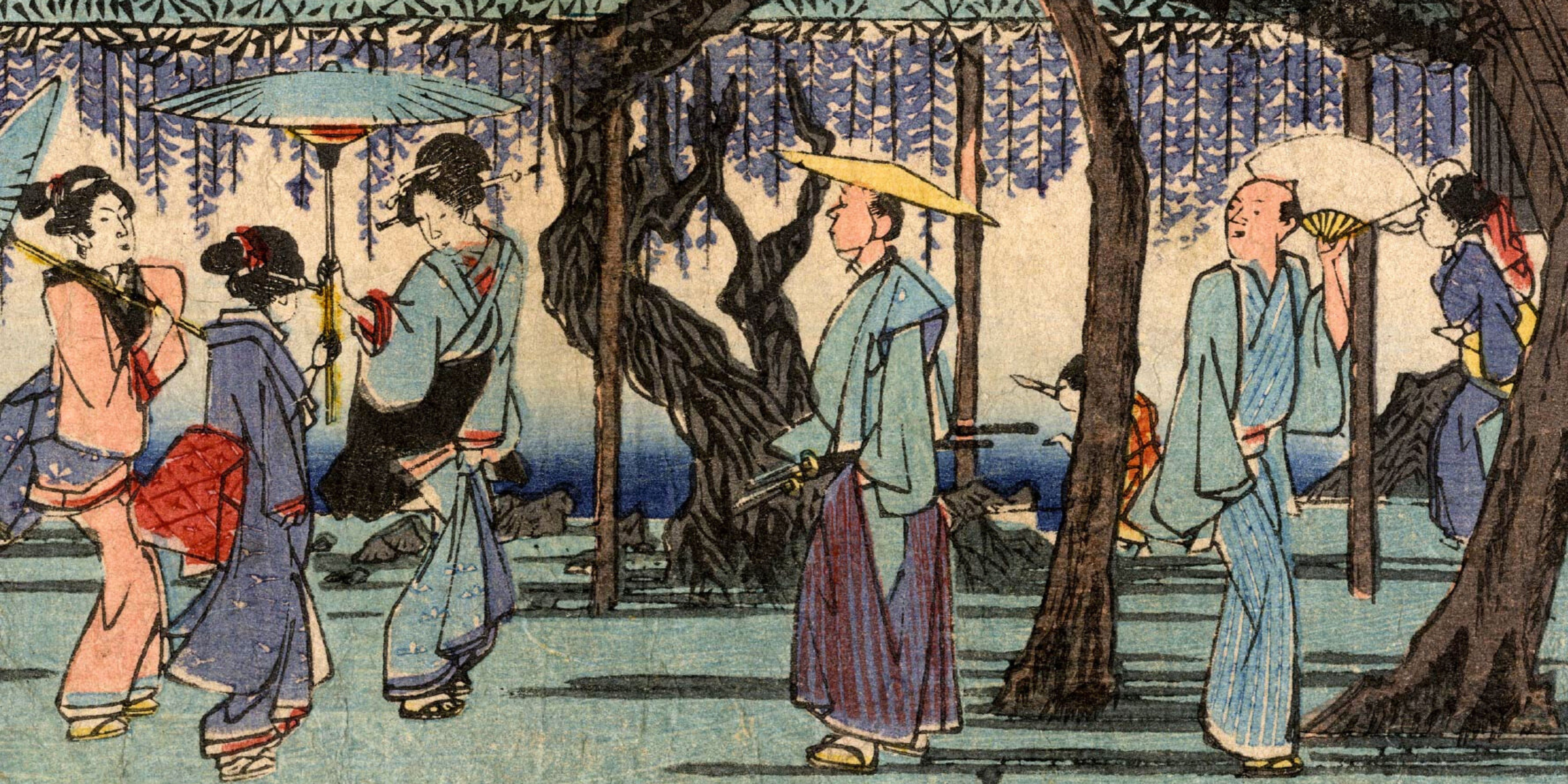Bachelor of Arts in East Asian Studies Degree Program Guide

This exciting undergraduate program emphasizes giving students high levels of language proficiency in Chinese, Korean and Japanese language, while also giving them the cultural understanding to be effective professionals in a variety of business and government careers relating to Asia.
East Asian Studies majors can choose from a wide array of fascinating and lucrative career paths, both in Asia and in Canada. East Asian nations occupy positions of critical importance to the world economy, international relations and cultural exchange. Therefore, employers understand the value of having employees with advanced language skills in Chinese, Japanese and Korean, as well as the cultural and historical knowledge necessary for effective engagement.
Academic Requirements for East Asian Studies Majors
- A minimum of 30 units to a maximum of 48 units at the senior level from EASIA, CHINA, JAPAN, or KOREA, including 12 units in EASIA at the senior level, 6 units of which must be at the 400 level
- EASIA 101 - Understanding East Asia
- In addition, students meet at least one of the following requirements:
- 9 units in CHINA at the senior level including CHINA 341 and at least one of CHINA 302, CHINA 401, CHINA 402
- 9 units in JAPAN at the senior level including JAPAN 341 and at least one of JAPAN 302, JAPAN 401, JAPAN 402
- 9 in KOREA at the senior level including KOREA 302 and at least one of KOREA 401, KOREA 402
- Related East Asian content courses may be taken as options, or applied to the major to a maximum of 9 units. These will be in addition to, not in place of, the requirements above
- Students with a prior background in Chinese, Japanese or Korean language should consult the Department before selecting courses. The Department reserves the right to place students in the language course appropriate to their level of study. Students assessed by the Department as having a prior language proficiency beyond 400-level will be required to pursue a different language for the major
Academic Requirements for East Asian Studies Minors
- A minor in East Asian Studies requires EASIA 101 and a minimum of 15 units to a maximum of 42 units at the senior level from EASIA, CHINA, JAPAN, or KOREA
- 6 units at the 300- or 400-level are required
- Students with a prior background in Chinese, Japanese or Korean language should consult the Department before selecting courses. The Department reserves the right to place students in the language course appropriate to their level of study. Students assessed by the Department as having a prior language proficiency beyond 400-level will be required to pursue a different language for the major
The University of Alberta Calendar will always contain the most up-to-date degree requirements for your program, and your requirements are determined by the calendar year you were admitted in.
What kinds of courses can East Asian Studies students take?
- EASIA 101 - Understanding East Asia
- EASIA 205 - Language in Chinese Society
- EASIA 222 - East Asian Indigeneity
- EASIA 247 - Samurai, Geisha, and Ghosts
- EASIA 316 - Japanese Language and Society
- EASIA 342 - Anime: Process, History, and Aesthetics
- EASIA 376 - Korean Sociolinguistics
- EASIA 451 - Topics in Taiwan Studies
What kinds of careers can you pursue with an East Asian Studies degree?
There are many different fields and career paths that students can pursue with an East Asian Studies degree. From cultural affairs to translation, graduates are equipped with intercultural communication, market research and analytical thinking skills to name a few, that are assets in today’s job market. Although there is a list of career options below, it is important to understand that careers are not linear. Intentionally engaging in a variety of activities and following your curiosities will open new opportunities that you might not have expected. To learn more about how you can put your Arts degree to work, stop by the HUB Career Centre (8917 HUB Mall) for more information.
- Cultural Program Director
- Museum Curator
- Translator & Interpreter
- Localization Specialist
- Educator (Professor, Secondary or Primary)
- Diplomat or Foreign Service Officer
- Cultural Affairs Specialist
- Film & Television Production
- Travel Consultant
- Cultural Event Coordinator
- International Business Consultant
- Market Research Analyst
- Video Game Tester & Editor
- International Aid Worker
- +More!
Interested in gaining work experience related to your career goals? If so, apply to Arts Work Experience to gain full-time, PAID, work experience before you graduate!
Important Links
- Department website
- Students’ association information
- Full program overview
- Prospective student information and application
- Graduate studies information
- Current Arts student advising
Department Contact Information
- Department Undergraduate Student Advisor email: easiaug@ualberta.ca
- General department email: easia@ualberta.ca